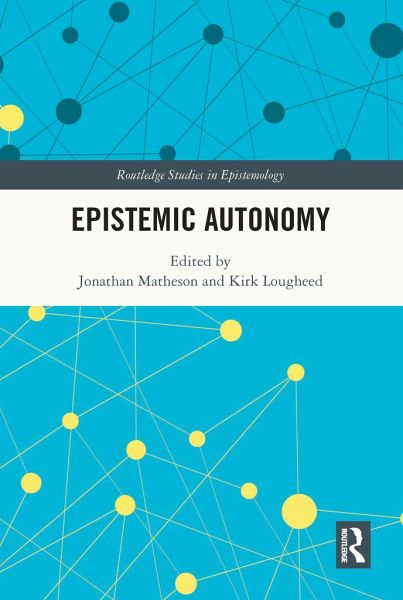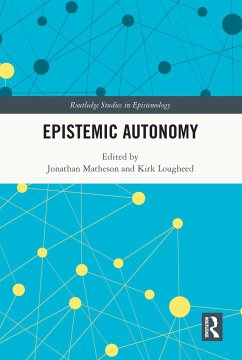
Epistemic Autonomy
Versandkostenfrei!
Versandfertig in 1-2 Wochen
168,99 €
inkl. MwSt.
Weitere Ausgaben:

PAYBACK Punkte
84 °P sammeln!
This is the first book dedicated to the topic of epistemic autonomy. It features original essays from leading scholars that promise to significantly shape future debates in this emerging area of epistemology.













